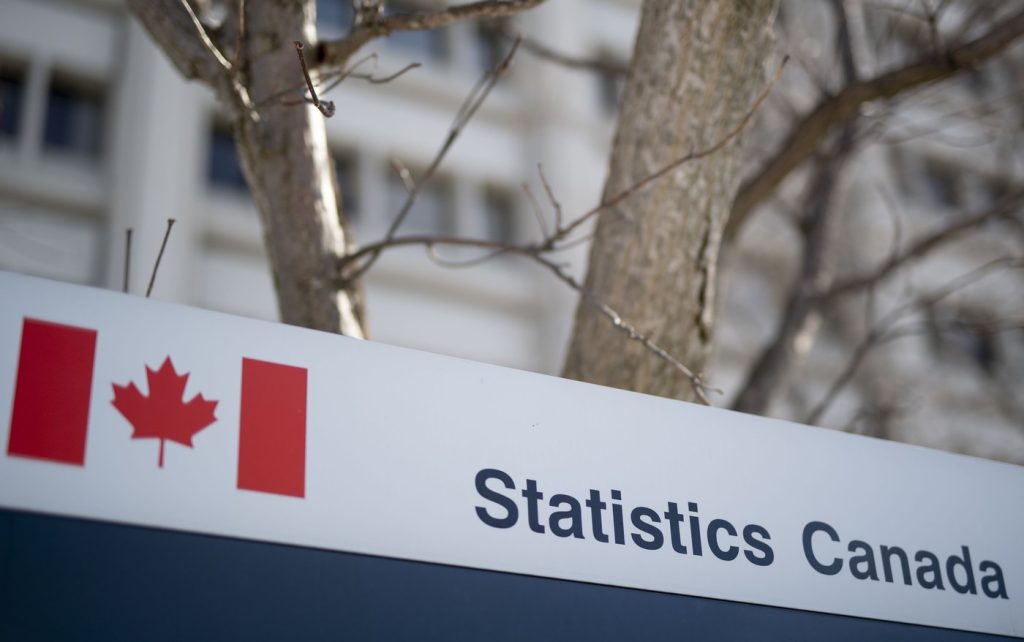OTTAWA – Economists are anticipating an acceleration in the annual rate of inflation for February, particularly as the temporary federal tax break expired in the middle of the month. Statistics Canada is slated to release the February inflation figures on Tuesday.
Experts polled by Reuters predict that the annual inflation rate rose to 2.2 percent last month, an increase from 1.9 percent in January. The federal sales tax was waived from December 14 until February 15 on various household essentials and popular items, such as electronics, alcohol, and restaurant bills, influencing the inflation rate.
Benjamin Reitzes, BMO’s managing director of Canadian rates and macro strategist, articulated that the tax holiday will likely have a contrasting effect on inflation. “That helped pull prices down in December and January, and now it’s going to do the exact opposite in February and March,” he noted in an interview.
BMO and TD economists both forecast inflation to rise to 2.2 percent in February, while RBC anticipates an even higher rate of 2.5 percent, attributing the surge in price growth to the conclusion of the tax holiday. Economists Nathan Janzen and Carrie Freestone highlighted in their report that concerns regarding escalating international trade risks are overshadowing the stronger economic growth seen recently, suggesting potential interest rate cuts from the Bank of Canada.
The forthcoming February inflation data will not reflect the direct effects of Canada’s ongoing tariff conflict with the United States, which began in early March. Sustained tariffs could reignite inflation, according to TD economist Maria Solovieva, threatening the Bank of Canada's efforts to maintain inflation at its target of two percent. She emphasized the limitation this places on the Bank of Canada regarding how far it can lower interest rates to support demand.
Reitzes suggested that fears related to tariffs may impact inflation data through a weakening Canadian dollar, which has declined relative to the U.S. dollar following President Donald Trump’s re-election. A weaker Canadian dollar often contributes to increased prices for imported goods, particularly fresh produce during the winter months sourced from the U.S.
Moreover, Reitzes anticipates a minor uptick in core inflation metrics—closely monitored by the Bank of Canada—which exclude more volatile components from the consumer price index, like gasoline and food. He remarked that signs of “stubbornness” in core inflation are unlikely to diminish in the upcoming months; however, he noted that the central bank currently appears more focused on the overall "breadth" of inflation, which recently aligns with periods of price stability.
The Bank of Canada executed its seventh consecutive interest rate cut the previous week and issued a significant warning concerning the prospective impact on the Canadian economy, along with a potential surge in inflation due to the trade war and accompanying uncertainties. The next interest rate decision from the Bank of Canada is scheduled for April 16.
While the February inflation data will be observed closely, Reitzes believes it will not significantly influence the Bank of Canada’s decision-making process. He indicated that if the tariff dispute were to abruptly conclude, the latest inflation figures would provide more critical insights for future rate decisions. However, as the situation stands, the trade war remains the predominant factor guiding inflation trends in the coming years.
Reitzes concluded that the Bank of Canada is likely to continue implementing rate cuts to counteract economic downturn fears while simultaneously managing inflation during the trade disruptions. This approach suggests a prolonged focus over the next few years rather than immediate considerations regarding inflation impacts.










